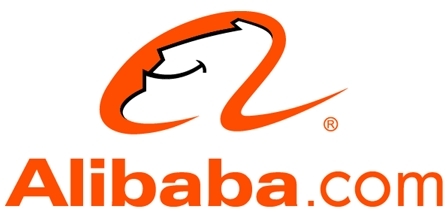
Alibaba has become a giant of global trade, matching buyers with sellers on their online platform since 1999. The Chinese e-commerce leader announced on December 3 that that it had transacted one trillion RMB ($159,221,000 CAD) worth of goods and services in 2012 so far. In comparison to US companies, Alibaba’s $157 billion USD in gross merchandise volume (GMV) beats large American e-commerce retailers Amazon and eBay combined. According to Alibaba chairman Jack Ma, his firm has joined Wal-Mart as the only businesses in the world that have had such high transactions in the calendar year.
The news is another major milestone for Alibaba which has been growing in strength over the past few years. Previously the company made public the fact that it had documented 3 billion RMB in sales in just one day. Alibaba is composed of two parts, the first being Tmall, an organization that manages e-commerce operations for many sellers from China. The second half of the B2B ecommerce company is the Taobao Marketplace which is like a Chinese version of eBay. Alibaba uses its own payment processor called Alipay and generates revenue from the fees on transactions. Currently the payment processor has 700 million registered users and their credit card information.
In the last four years Alibaba has benefited immensely from the booming Chinese middle class. The e-commerce giant accounts for 60 percent year-over-year growth in third and fourth-tier cities in China. According to details provided by the company, five percent of all Chinese retail spending goes through Alibaba and its websites. Furthermore, Alibaba was behind 60 percent of all packages delivered in China for 2012. That works out to be an incredible 12 million packages in a single day.
Jack Ma is confident that his company will experience future growth, stating that, “It’s very likely that next year our transaction volume will be bigger than all the American e-commerce companies combined.”
Alibaba is looking to hit three trillion RMB ($477,663,000 CAD) in total volume of sales for 2017.
Source: VentureBeat